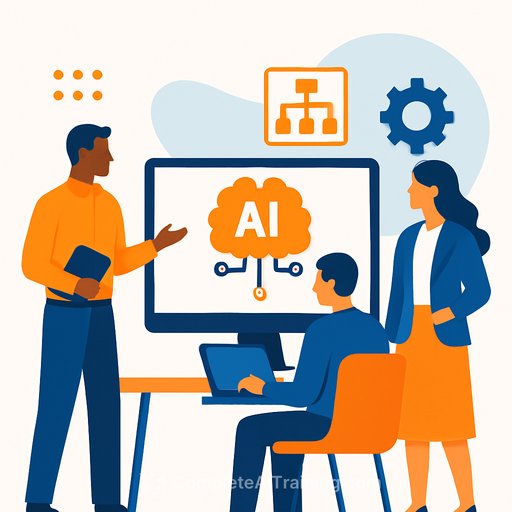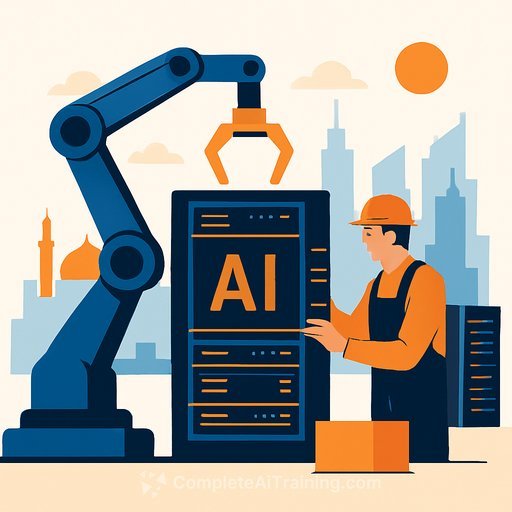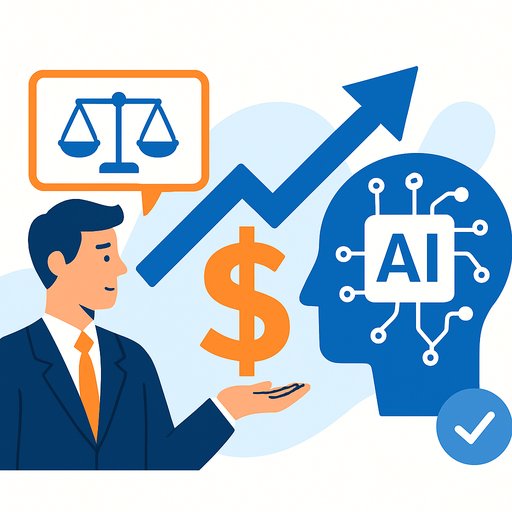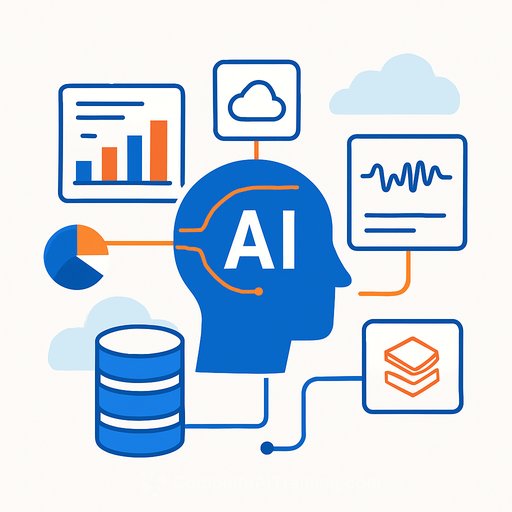AI and Technical Careers: The Evolving Role of Management
Artificial intelligence is changing technical careers, but management remains essential. Managers guide AI adoption, set strategy, and lead teams. Although middle management roles are shrinking, leadership in AI and people skills continue to be crucial. The distinction between individual contributors (ICs) and managers is becoming less clear. Adaptability is now the key advantage.
Recent years have altered the tech career ladder, especially in software engineering, data engineering, and data science. Generative AI tools have empowered technical roles, and the rise of the “super IC” coincides with flatter organizations. Many companies have reduced middle management layers. Public U.S. firms have cut these roles by around 6% since the pandemic peak, reflecting a move toward leaner hierarchies and more autonomy for technical staff.
3 Reasons to Consider a Career in Technical Management
- Influence the company’s technical and AI strategy.
- People skills and management remain vital even with AI.
- Still engage in technical work alongside AI adoption.
Management roles that reach the C-suite remain rare. If you’re debating the management path in tech, it’s worth examining how the role is evolving.
How Technical Management Is Changing With AI
Managing AI and Engineering
Traditionally, technical managers focused on delivering quality code on time by managing engineers and their work. Now, they must also manage AI tools and engineers together. This means deciding which AI tools to use, setting standards for AI-assisted coding, and ensuring that AI models perform well and connect to the right data pipelines.
Held to Different Productivity Metrics
Managers were once measured by how quickly their teams delivered features and code. Now, with companies like Microsoft reporting that 20-30% of their code is AI-generated, managers are evaluated on how effectively they integrate AI tools to boost productivity and balance engineering throughput with AI service costs.
Why You Should Still Consider a Role in Technical Management
If you’re unsure about moving from an individual contributor to a management role, consider these factors:
- People Skills Are Still a Core Advantage
Technology evolves, but working with and growing people remains crucial. Companies don’t operate with just one or two employees, and that won’t change. To scale impact across teams and functions, you need to relate to people and guide them. That’s where managers add value. - AI Strategy Needs Leadership
Often, individual contributors want to use AI tools or build AI-driven products but struggle to get leadership support. Alternatively, executives push for AI productivity gains without a clear plan. Managers serve as a bridge—pitching AI ideas to senior leaders, demonstrating ROI, helping teams adopt AI through education and champions, and aligning efforts across departments.
Why You Might Not Consider a Career in Technical Management
- Middle Management Is Shrinking
Since 2022, layers of management are contracting, especially in large tech firms. Lean, fast-moving organizations place middle management roles at risk. Entering management without a clear value add—like domain expertise or managing diverse teams—may increase job insecurity. - Individual Contributors Have Unprecedented Opportunities
Today’s engineers and data scientists do more than code or analyze data. They build end-to-end solutions, integrate with large language models, design infrastructure, and influence product direction. For those who thrive on deep technical challenges, staying on the IC track may offer better growth and focus.
Why the Line Between IC and Manager Is Blurring
Technical professionals now juggle coding, mentoring, shaping strategy, and advocating for new solutions. The question isn’t just “Should I manage?” but “What am I uniquely good at?”
If you consistently solve tough technical problems while helping others, the IC path fits. If you drive consensus, influence decisions, and manage dynamics, management suits you. Both are valid paths.
ICs should broaden influence by communicating clearly, mentoring, and delivering exceptional work that lifts the whole team. Staying current with AI tools enhances both process and output.
Managers should stay close to technical work. Jump in when needed, especially if the team loses key contributors. Hands-on credibility builds trust and influence. Managers who can answer technical questions without relying on senior ICs earn lasting respect.
Skills to Develop for Technical Management and IC Roles
- Stay Close to Technology
Understand how features work and create value. Continuously upskill, especially in generative AI, and consider applications within your company. - Think Strategically
Know your team’s priorities and your company’s business model. Understand system architecture, data design, engineering tools, and management goals. Form opinions on how technology can evolve your company. - Act Like a Leader
Leadership is about influence, accountability, and initiative—not just titles. Career paths are less linear and more flexible. As AI agents become more capable, the boundary between IC and manager may blur further. Adaptability is essential to keep learning, leading, and delivering impact through code, strategy, AI, or people.
For executives and managers aiming to lead effective AI adoption and guide technical teams, developing these skills is critical. To explore practical AI training and stay ahead, consider resources like Complete AI Training's latest courses.
Your membership also unlocks:








AI Capex on the Hot Seat: Apollo Exec's No Comment on Vendor Financing and Capex Recycling Stirs Transparency Debate